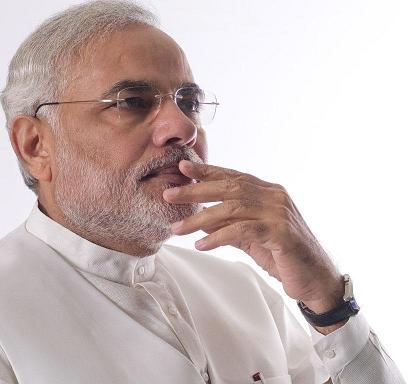Mulchand’s son Damodardas was the father of Narendra Modi. He was fifth son of his father. Narendra was born on 17th September, 1950. His eldest brother was born in 1944. The second brother Amit was born in 1946. So Narendra Modi is the youngest son of his father who was known for honesty, and humanitarian outlook.
Narendra Modi This app contains all the information of India's Prime Minister Narendra Modi.
Narendramodi was born on 17th September 1950 in a small town called Vadnagar in Mehsana district, which was in Bombay but now is in Gujarat. He is the present Prime Minister of India and is also one of the best applicable Prime Ministerial candidate for the forthcoming 2019 Lok Sabha Elections, representing the Bharatiya Janata Party (BJP). Childhood Of Narendra Modi Since his childhood days, he was confronted with many difficulties and obstacles, but he transformed all the challenges into opportunities by sheer strength of character and courage. This was particularly seen when he joined the college and University for higher education where his path was filled with harsh realities of life and painful toil. But as a true soldier, he has confronted all the bullets in this battle of life. Humble Beginnings & His Contributions During RSS Tenure Once he has taken a step forward he never looks back.
He refuses to drop out or be defeated. It was this commitment in his life, which enabled him to complete his post graduation in political science. He started working with the Rashtriya Swayamsevak Sangh (RSS), a socio-cultural organization with a stern focus on the social and cultural development of India which imbibed in him the spirit of selflessness, social responsibility, dedication, and nationalism. Shri Narendra Modi in his tenure with the RSS played several important roles on various occasions including the 1974 Navnirman anti-corruption agitation and harrowing 19 months (June 1975 to January 1977) of service, a ‘state of emergency' when the fundamental rights of Indian citizens were strangled. Modi showing the path of the true spirit of democracy kept alive the fundamentals by guiding covert operations for the entire period and fighting a spiritual battle against the fascist ways of the then central government. His Career In BJP In 1987, he joined the BJP and entered mainstream politics.
Within just a year, he was elevated to the rank of General Secretary of the Gujarat unit of BJP. By this time he had already acquired a reputation in the party for being a highly efficient organizer. He took the challenging task of making the party cadres with right intent after which the party started gaining political mileage and formed a coalition government at the Centre in April 1990.  Though this partnership short-lived and fell apart within a few months, but the BJP gained hold of Gujarat and came to power with a two-thirds majority on its own in Gujarat in 1995. Since then, the BJP has been director of Gujarat. Narendra Modi As A Well Known Strategist Of Gujarat Based BJP Due to his work from 1988 and 1995, Shri Narendra Modi now recognized as a master strategist and had successfully gained the necessary groundwork for making the Gujarat BJP the ruling party of the state. Shri Modi in this period was entrusted with the responsibility of organizing two massive and crucial national events for the BJP, first was the Somnath to Ayodhya Rath Yatra (a very long march) of Shri L.K.
Though this partnership short-lived and fell apart within a few months, but the BJP gained hold of Gujarat and came to power with a two-thirds majority on its own in Gujarat in 1995. Since then, the BJP has been director of Gujarat. Narendra Modi As A Well Known Strategist Of Gujarat Based BJP Due to his work from 1988 and 1995, Shri Narendra Modi now recognized as a master strategist and had successfully gained the necessary groundwork for making the Gujarat BJP the ruling party of the state. Shri Modi in this period was entrusted with the responsibility of organizing two massive and crucial national events for the BJP, first was the Somnath to Ayodhya Rath Yatra (a very long march) of Shri L.K.

Advani and Kanyakumari to Kashmir in the north (the southern part of India). These two highly successful events handled by Shri Modi are regarded as the reason for the ascent of the BJP to power in New Delhi in 1998. In 1995, Shri Modi (a rare distinction for a young leader) was appointed the National Secretary of the party and given the charge of five major states in India.
Narendra Modi As CM Of Gujarat In 1998, he was promoted as the General Secretary (Organization) of BJP, a post he held until October 2001, when he was chosen to lead the state of Gujarat as Chief Minister of Gujarat which is one of the most prosperous and progressive states of India. At the time of some period, Narendra Modi hands over some of the responsibilities of state-level units having some part of its units and some of the sensitive crucial states of Kashmir and Northeastern states.